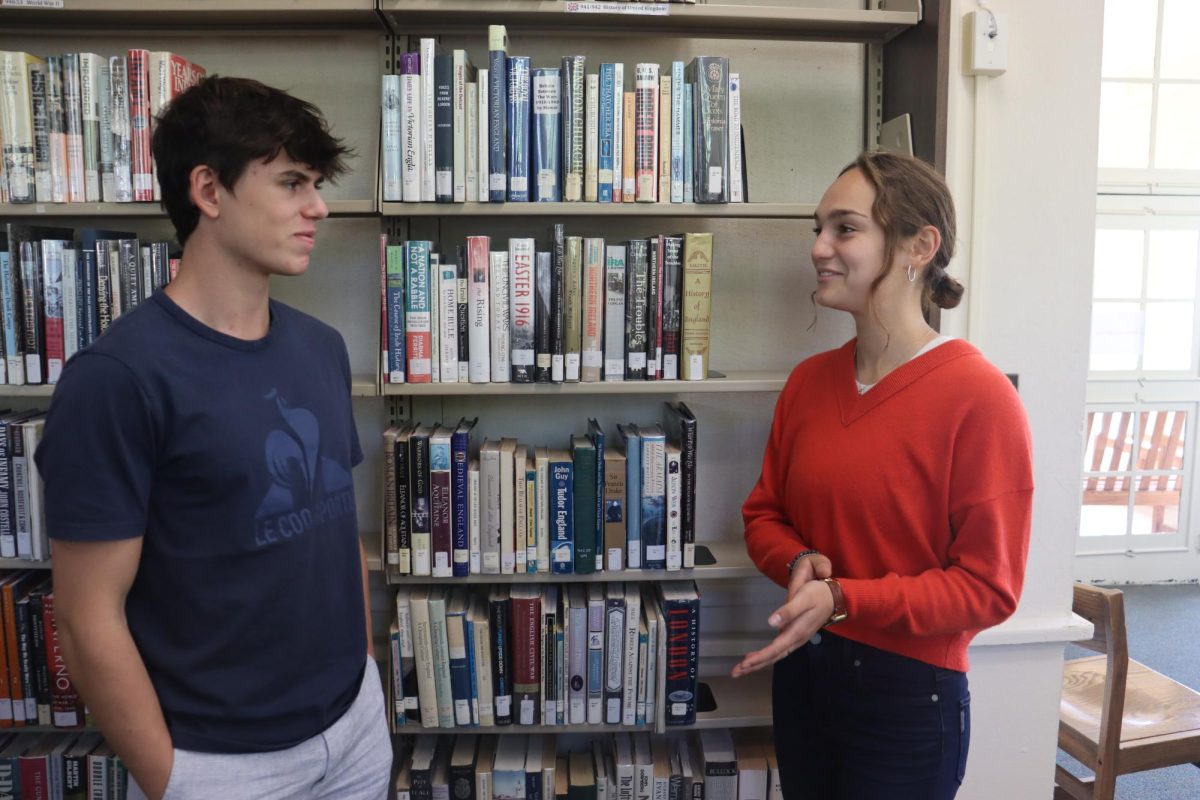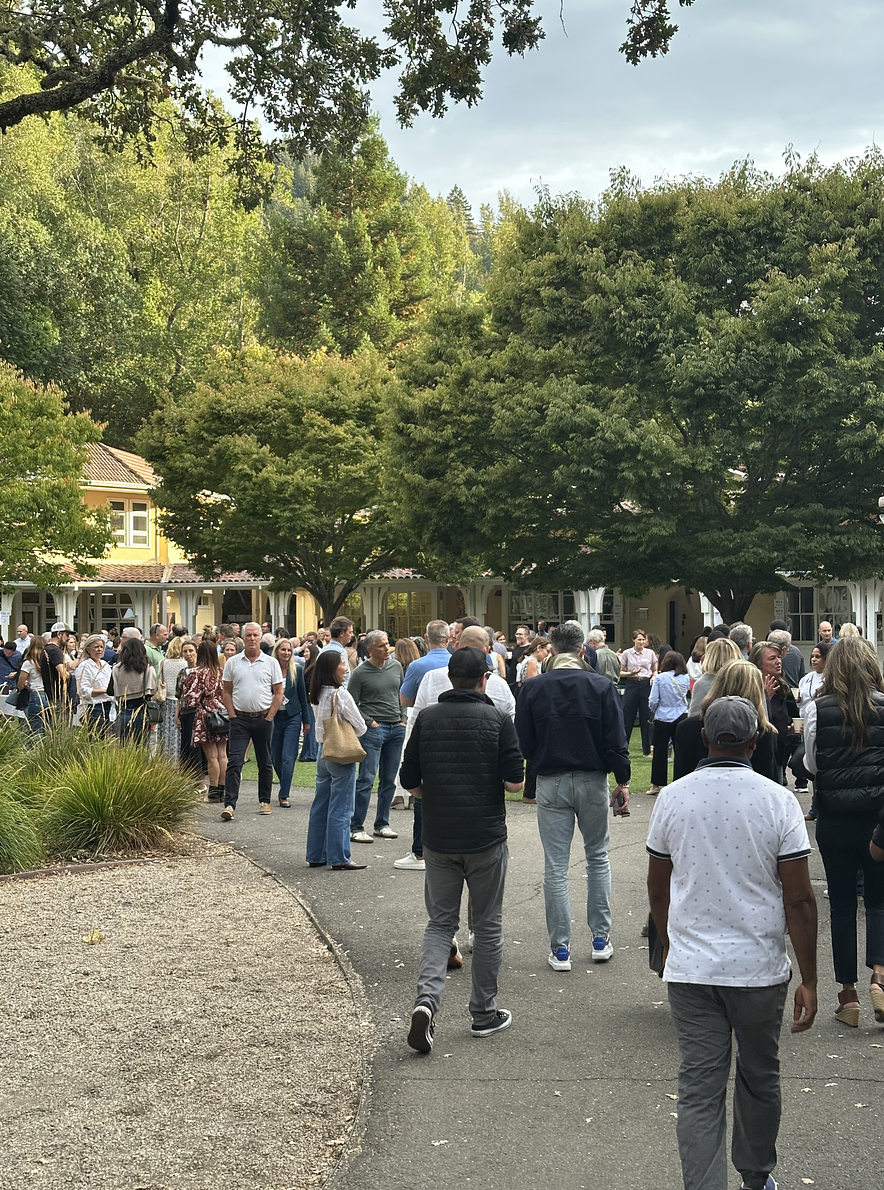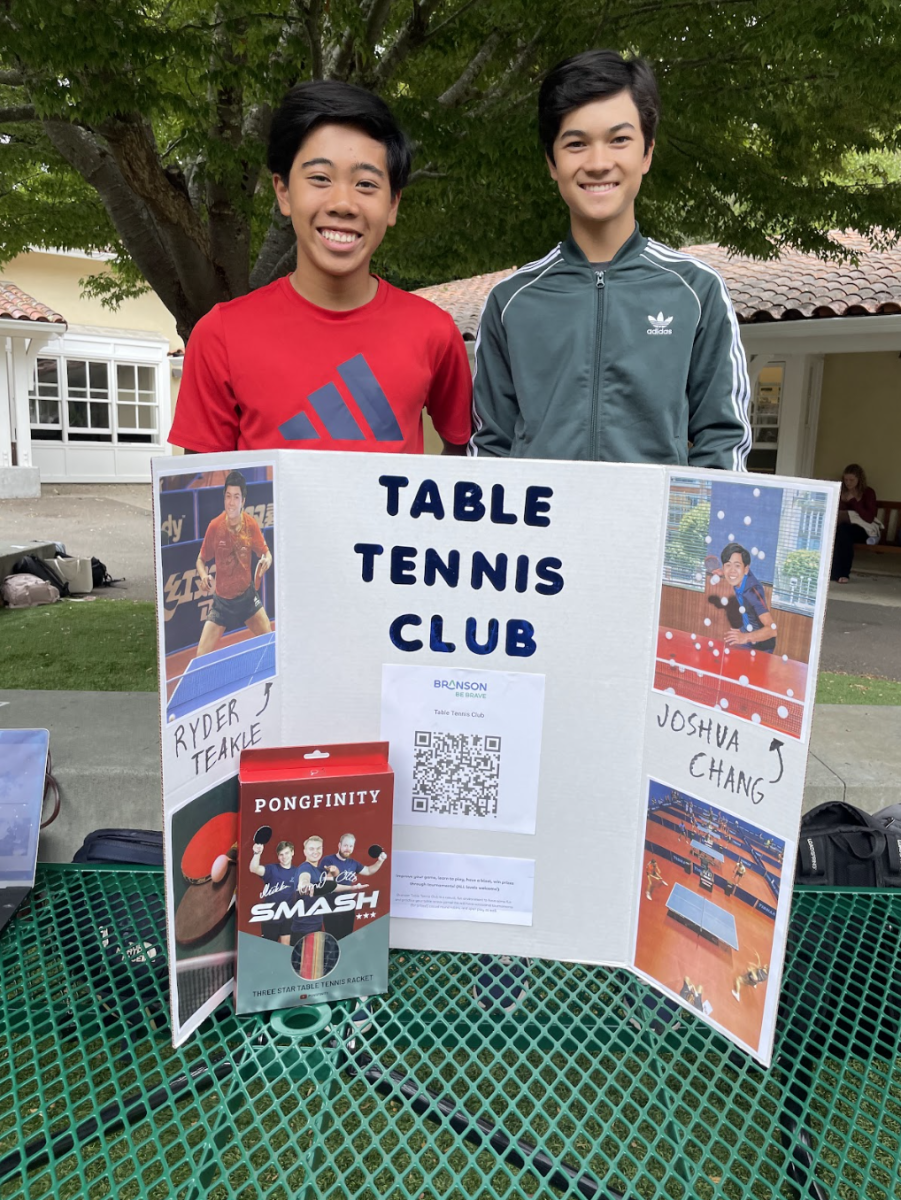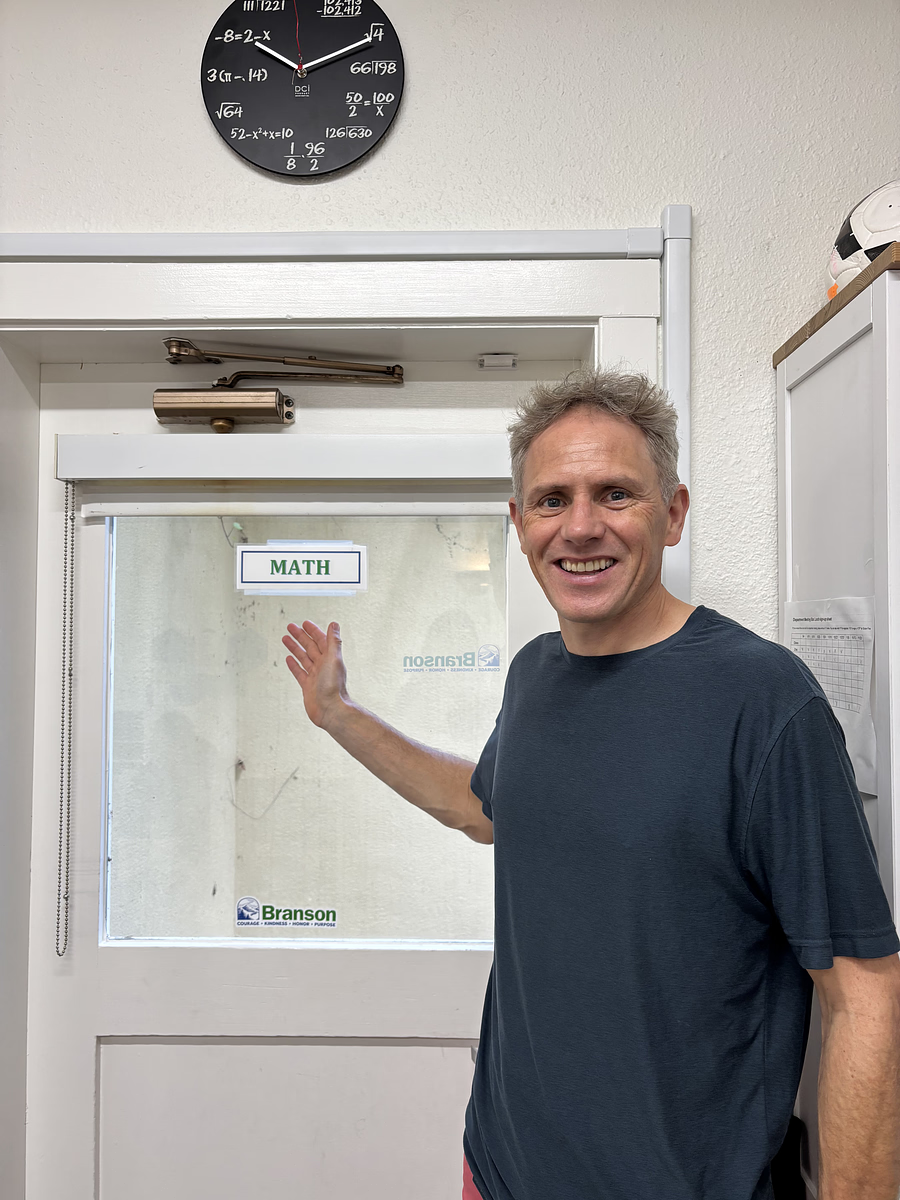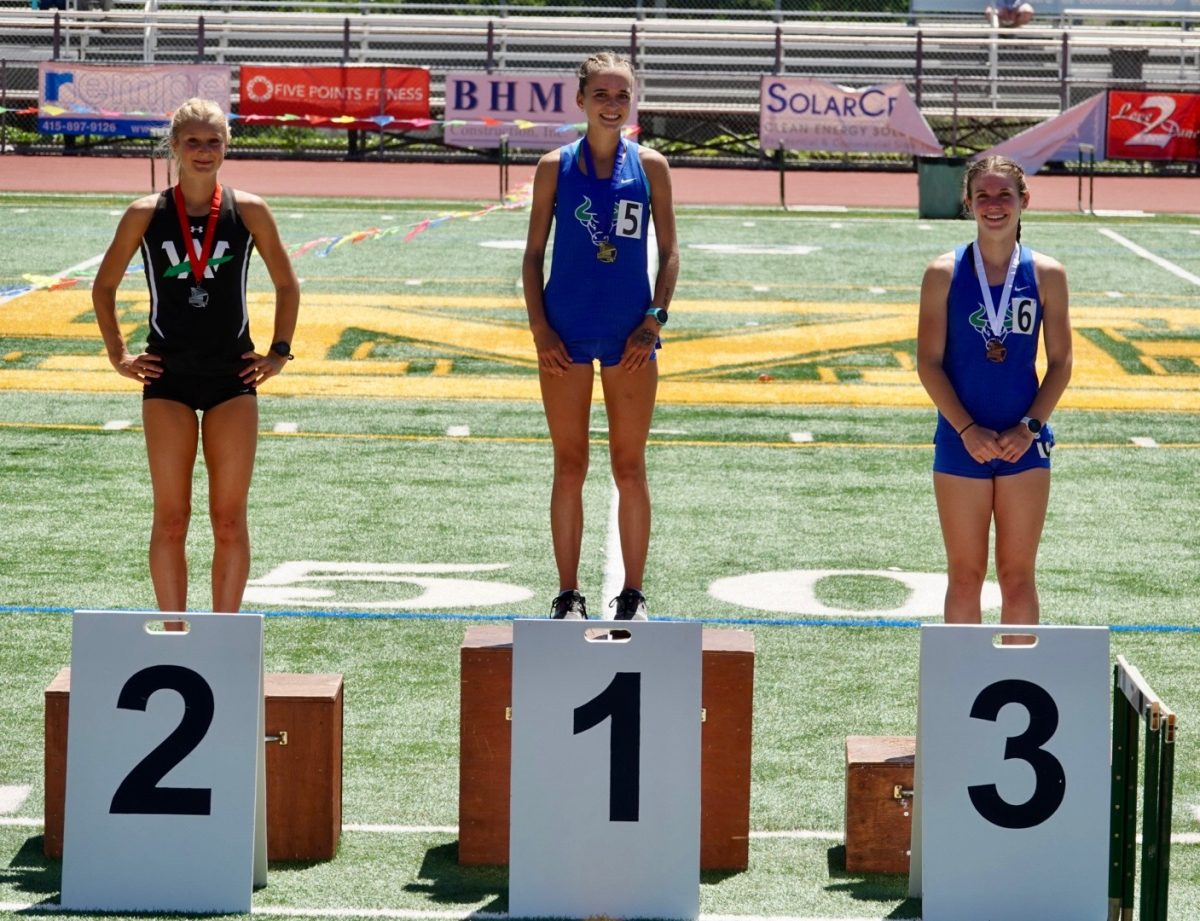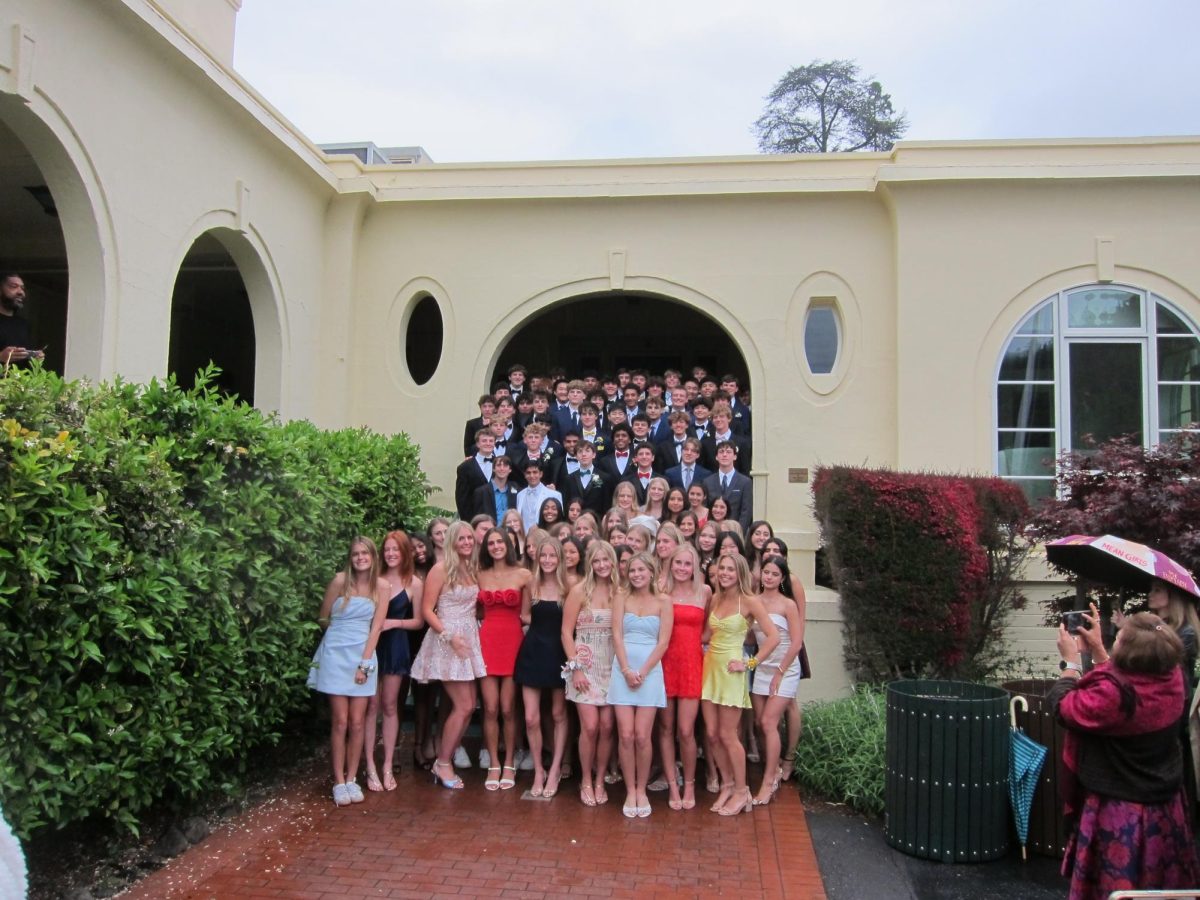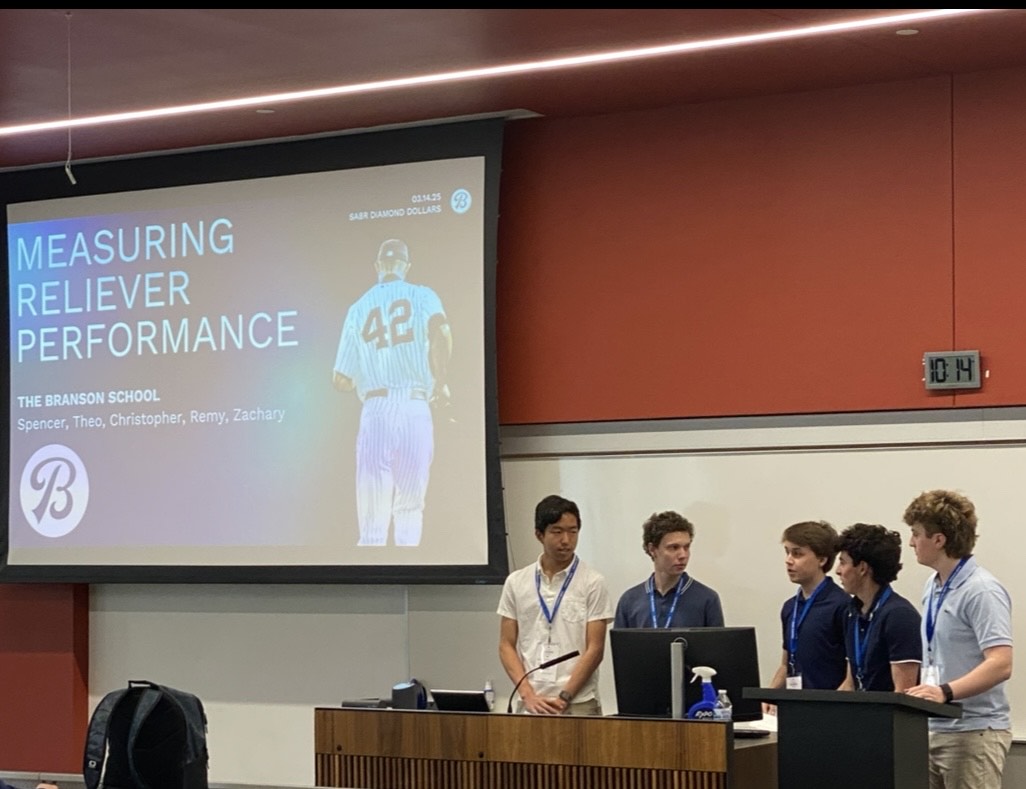The Branson Political Review will publish its second edition this fall. The student-run, academic publication released its first issue last spring.
The upcoming edition of the political review will focus on the so-called “gray area” between the two major political parties. According to founding editor Reese Furhman, it hopes to frame the current tense political moment in terms of policy and issues rather than political candidates.
“[We encourage] people to look at candidates as a collection of individual policies and understand that you can agree with a candidate on one policy and disagree with a candidate on another policy. And that doesn’t mean that there’s anything wrong with your opinion or that you’re internally contradictory,” said Furhman.
The longer and more academic style of these articles also forces writers and readers alike to avoid the short, snappy and sometimes confusing nature of discourse today, especially on social media.
“I think, like, last year on social media, especially with the events of Oct. 7, I found that people, and especially our generation, does a lot of reposting and they repost really short [quotes], literally like six words of something that they don’t necessarily understand the background of,” Furhman said. “I think that what the long form does is give you an opinion, but in order to get there, it shows the thought process of the author and how they got there.”
Furhman also said that strong positions can also make great articles as long as they are backed up with data and strong analysis.
“Not everyone is going to be centrist, but I think that people should understand the opinions they hold, especially if they espouse them,” Furhman added.
But when already generalized and shallow statements, often prevalent on social media, are attributed to and label groups of people, these labels can lead to misunderstanding. Furhman hopes that outlets like the Branson Political Review will allow students to look at issues analytically and honestly, which she hopes will help create common ground and understanding.
“It’s not really something that’s accepted to [say] ‘I don’t really know yet,’ or ‘I’m not really sure,’ or ‘I need more information’ — that lack of willingness to admit when you don’t understand something — so I wanted students to be able to kind of explore political issues academically rather than emotionally,” Furhman said. “Let’s look at both sides of this issue and let’s see where there’s consensus, and prioritize information. The long-form articles are a way to, instead of debating, really flesh out what you think about something and to develop your own opinion through writing.”
Further, the political review can serve as an outlet for students to test out ideas and engage in constructive dialogue around contentious topics.
“I think that as a community, we’ve tried to prioritize civil discourse more. We updated the civil discourse guidelines,” Furhman said. “The political review is another kind of civil discourse in itself.”

